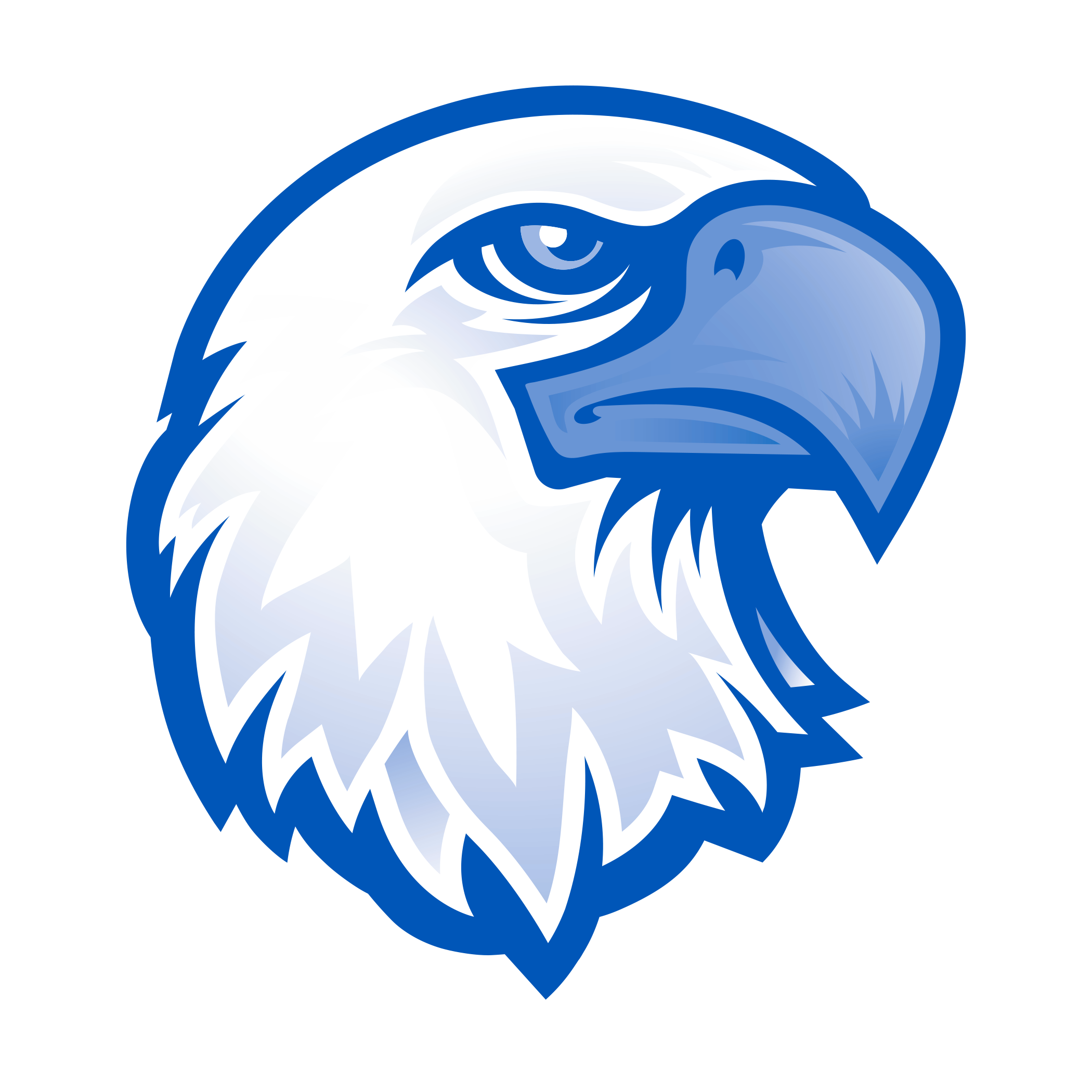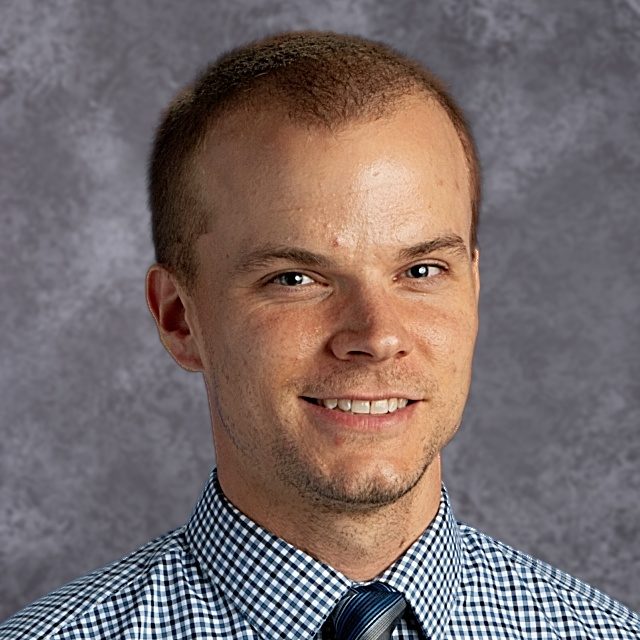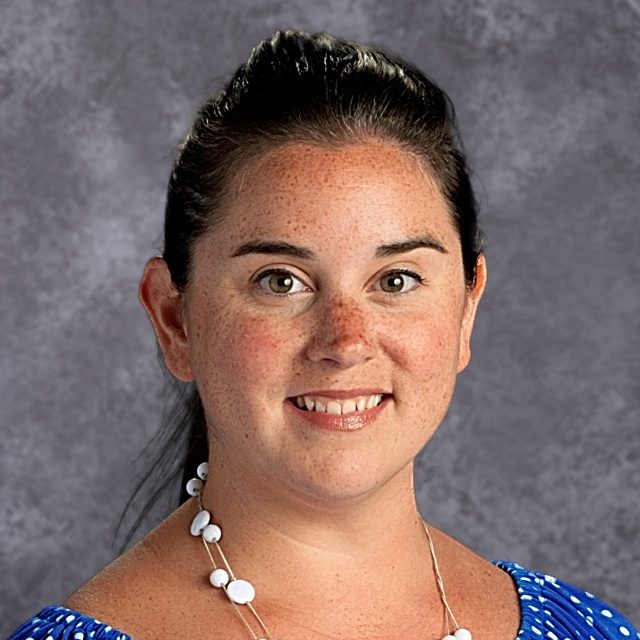Faculty
Please click HERE for more information about music in Exeter.
Course Descriptions
This course is designed around each student’s individual needs. Topics of study will vary by brass and woodwind instruments, but generally include development of a characteristic tone, embouchure, breathing & proper air support, articulations, finger dexterity, rhythmic facility, mouthpiece and reed selection, sight-reading, and instrument care. Percussion students will focus on development of proper concert sticking techniques, rudiments, and sight-reading skills. Instruction will also help students develop a proper warm-up routine and better practice habits. Students will also be formed into chamber ensembles to study and perform woodwind, brass, and percussion ensemble literature throughout the year. Students will also study solo repertoire and explore the history, important compositions and musicians of their given instrument. Advancing students will also be able to use Page 51 2022-2023 Program of Studies Senior High School - Soaring Eagle this time for personalized coaching and preparation for county and/or district, college, or scholarship auditions.
This is a performing arts ensemble open to all 9-12th grade students. Students must show a desire and commitment to developing their vocal musical ability and knowledge. Participation in a minimum of two public concerts, typically one in the fall semester and one in the spring semester, is a course requirement. No audition required.
Orchestra 9/10 is a performing arts ensemble open to all ninth and tenth grade string playing students who have completed at least one year of prior orchestra experience. Students must show a desire and commitment to developing their musical ability and knowledge. This course is designed to build up basic fundamentals and of string orchestra techniques Participation in a minimum of three public concerts is a course requirement. This course will be offered as a 1 credit course only. Exceptions may be made as needed. Students will also have the opportunity to audition for Chamber Orchestra, an after-school performing group.
Students will be introduced to popular American Music starting at the turn of the century units such as the origins of jazz in Ragtime and African American slave music influence, WWI music and the Big Band era, the Roaring 20s, music of the Great Depression, WWII wartime music and the emergence of popular individual artists and groups, the Origins of Rock, the British Invasion, Seventies Disco and Funk Eras, 80s Electronica Music, and Popular music of 90s will be introduced.
This course will explore the history of Rock & Roll from the creation of popular music in Tin Pan Alley through current day. The course will identify various styles of music that influenced the development of rock and we will attempt to discuss the elements of those styles along with the rock music to which they relate. The course will examine the social, cultural, and political history associated with rock music’s most prolific acts as well as dig into the various styles of rock (southern rock, art/progressive rock, punk, new wave, hard rock, heavy metal, grunge, etc.) and their musical elements.
This is a performing arts ensemble combining the two elements of concert band and marching band. Enrollment is open to students who play a band instrument and to color guard members who are chosen by audition in the spring of the previous school year. The marching band performs at all varsity high school football games, performs in various community parades, and participates in festival adjudications and special events as they arise. Requirements include graded attendance at all scheduled performances and pride in being Exeter’s goodwill ambassadors. Rehearsal times include rehearsals during the school year as well as occasional summer sectionals/rehearsals. Concert Band will rehearse during the marching season to provide a well-rounded band experience. Prerequisite: All students must attend two weeks of mandatory band camp, in order to participate in the course the following academic year (this is where all drill formations are taught for the field show). Students who do not attend band camp during those first two official weeks will not be permitted to participate in the course for that year. Those students interested in performing on battery percussion drum line must audition in the spring prior to the year of enrollment. Percussionists who do not audition in the spring will have the opportunity to perform as part of our pit percussion ensemble during the marching band season.
As a supplementary class to the Concert Band, the jazz band course is designed for students wishing to explore the “Big Band” ensemble experience through the study, development and performance of a variety of musical genres. The jazz band models it’s stylistic approach after the music performed by great band leaders such as Count Basie, Glenn Miller, and Duke Ellington however opportunities to play modern and popular genres will be abundant. In addition to a winter and spring concert, the ensemble will be expected to perform at approximately 2-3 local jazz festivals as well as perform for 2-3 community related events. Prerequisite: Students must be dually enrolled in the concert band class unless the student plays a non-percussion/non-wind band instrument. Students are also highly encouraged to perform on instruments of the traditional jazz band - trumpet, trombone, saxophone, guitar, bass (upright or electric), piano or drum-set.
Orchestra 11/12 is a performing arts ensemble dedicated to enhancing the students’ musical skills and appreciation for the art of music through performance. Orchestra 11/12 is open to all string players. Requirements include completion of at least two prior years in orchestra (or by director placement/exception) and participation in a minimum of three public concerts per year. Students are introduced to a wide variety of repertoire, and encouraged to develop independent musical skills through sectional rehearsal and quarterly playing assessments. Students will also have the opportunity to audition for Chamber Orchestra, an after school performing group.
Concert Choir is a performing arts ensemble dedicated to enhancing the students’ musical skills and appreciation for the art of music through performance. Requirements include a dedication to choral performance, singing in a variety of languages, styles and historical periods, and participation in a minimum of two public concerts per year. Audition required. Incoming 9th graders may only audition upon teacher recommendation and participation in Jr. County Chorus. Members of the Concert Choir will have the opportunity to audition for our most select ensemble, Eagleaires (extracurricular)
The AP Music Theory course focuses on concepts and skills emphasized within introductory college music theory courses, with the goal of helping students become sophisticated and thoughtful music listeners, performers, and composers. AP Music Theory students learn to recognize, understand, describe, and produce the basic elements and processes of performed and notated music. To become proficient with these skills, students need to consistently practice applying course concepts through aural analysis, score analysis, sight-singing, dictation, and composition. These concepts and skills will be addressed by a thorough analysis of diverse music, including music from standard Western tonal repertoire and contemporary art music, jazz, popular music and music of non-Western cultures. Prerequisite: Students must have earned an “A” in Piano Lab & Music Theory I and their teacher’s approval. Students who have not taken Music Theory must gain the current AP Music Theory teacher’s approval and may have to demonstrate a basic understanding of music notation and rhythm before registering for the course.
In this course students will be introduced to basic music production software, concepts of song construction, multiple forms of sound formats, including Midi, live sound, and pre-recorded waves and midi loops. Students will also learn about a variety of microphones, placement of microphones, the art of mixing versus live sound reinforcement and distribution of music. Software instruction will include Garageband, Logic X, Audacity, Sibelius, Noteflight and possibly Pro Tools. Students are encouraged to be independent through the project based curriculum. In addition to music, students will have the opportunity to create podcasts and to work with video.
In this course students will learn to play piano through simple etudes and scale exercises. As the course progresses, students begin to play compositions and solos of medium difficulty by utilizing skill development and individual practice. Students will demonstrate the progress of their piano skills through quarterly recital performances where they will also discuss appropriate concert etiquette and how to cope with performance anxiety. The course includes the basics of music theory as it relates to performing on piano such as intervals, scales, basic music terminology, and rhythm.



